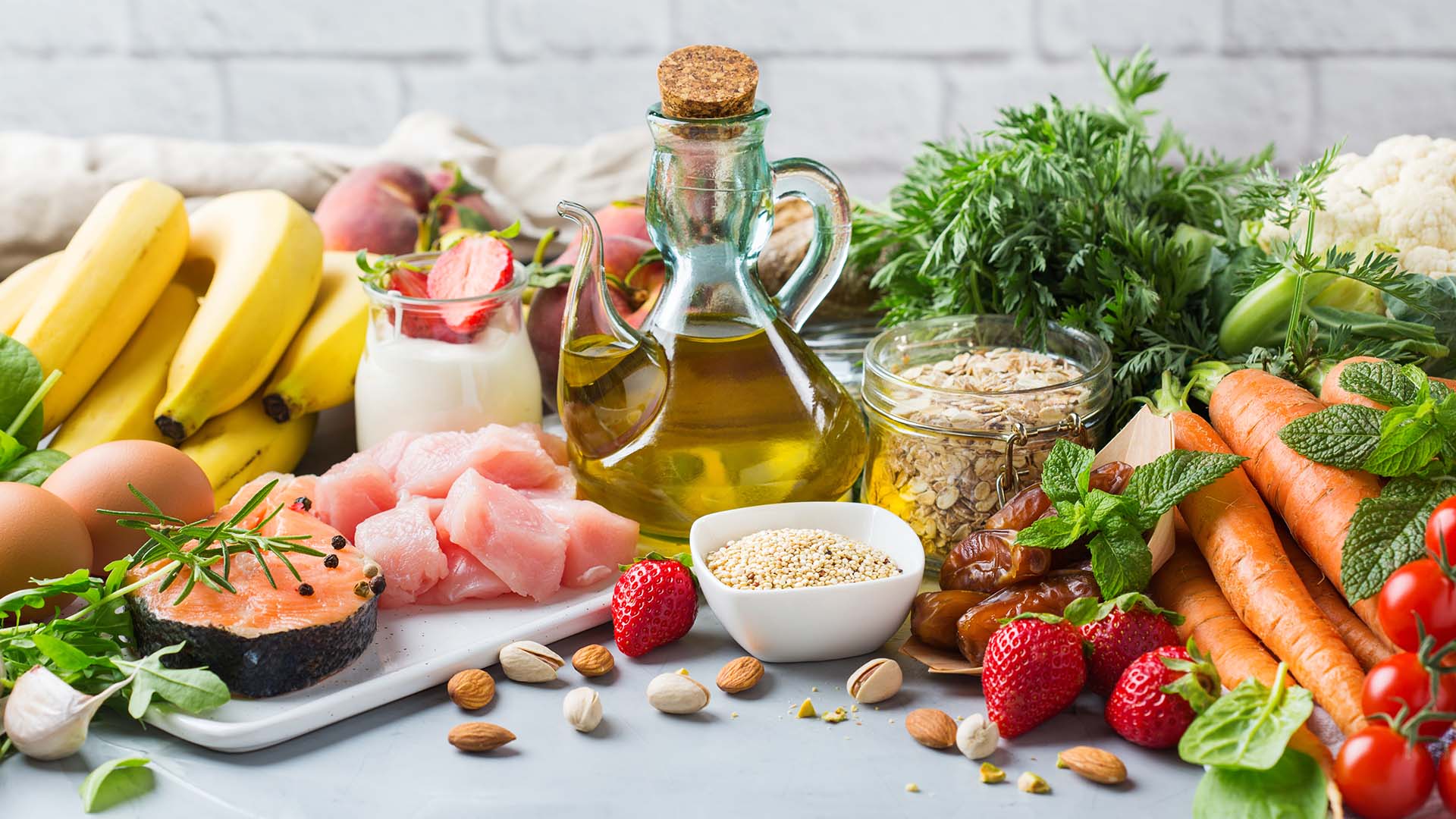- Future Students
- How to Apply
- Visit UHCL
- Admitted Students
- Tuition, Costs and Aid
- Degrees and Programs
- Contact Admissions
- Current Students
- Class Schedule
- Academic Calendar
- Advising
- Events
- Library
- Academic Resources and Support
- Student Services and Resources
- Alumni
- Lifetime Membership
- Alumni Events
- Update Your information
- Awards and Recognitions
- Give to UHCL
Did the pandemic change how we eat? Nutrition prof weighs in
February 22, 2022 | UHCL Staff

From the beginning of the COVID-19 pandemic, the Centers for Disease Control and Prevention warned that obesity was a risk factor for severe COVID-19 and could significantly worsen outcomes for patients in that category.
During the lockdown, lifestyle and eating habits of many Americans dramatically changed. "The pandemic should have taught us so much more about what we eat, and some significant changes should have occurred," said University of Houston-Clear Lake's Senior Lecturer in Fitness and Human Performance Denise Cazes. "A large number of people who died of COVID had co-morbidities including obesity, diabetes or heart disease, and a lot of those are induced by personal lifestyle choices."
Obesity represents one of the most highly recognized prognostic factors for COVID patients requiring intensive care. Cazes strongly advocates for any sensible plan that includes balance, moderation and variety, but said the ketogenic or "keto" diet, and the paleo diet, are currently trending among those seeking weight loss success.
"The keto diet originated around the 1920s and was effective in helping people with epilepsy and Parkinson's Disease. It can also be helpful to those with Type II diabetes who want to lower their blood sugar very quickly," she said. "But the problem is, it's only helpful if you're doing it correctly, and most people aren't. You have to eat 70-80% of your calories from fat, 10% from protein, and 10% from carbs. It's not a low-carb diet — it's a high-fat diet."
Ketosis is a process that happens when the body has burned through its stores of carbohydrates. After about three days of drastically reducing carb intake, those stores are gone and the body begins to burn fat for fuel, putting the body into a state of ketosis.
"If you're not calculating correctly, you can have too much protein and carbs and this can cause inflammation in the cardiovascular system," Cazes said. "It can be detrimental if you're not calculating it the right way, and many people don't understand how to do it. Also, you can do it just some of the time and cheat on the weekends."
The paleo diet dates back to the 1970s and Cazes said it was once referred to as the Cave Man Diet or the Stone Age Diet. "The theory was that we didn't evolve eating dairy, grains and certain other foods, so we shouldn't be eating them now," she said. "We drink milk, even after infancy, unlike other species. According to paleo, our body isn't designed for dairy, but we have evolved. We can have dairy and grains, but the problem is, our dairy and grain products are full of sugar and highly processed."
Food anthropologists have found evidence of grains in the teeth of mummified people, indicating that they chewed on stalks for the grains, which were very high in fiber. "Our food is not the same as it was," she said. "It's been made to have a longer shelf life. Broccoli today is not what it once was, it has fewer nutrients and less fiber, although it's still good for you."
Cazes said the problem is that doctors aren't taught nutrition and don't refer patients to registered dieticians, and people don't do their due diligence about what they're eating.
"Diets are not healthy for the long term because even if you are diagnosed with heart disease, the fear you may have will dissipate after a while, and you'll go back to the way you were eating before," she said. "There will be more pandemics and we need to get healthier, but why haven't we seen a massive change in the way we eat and exercise? The pandemic hit people who were already unhealthy the hardest — 61% of Americans are overweight, and 35% of children in Texas are overweight. This is problematic, because if you're overweight as a child, chances are you'll stay that way as an adult."
Ultimately, Cazes said that good health and wellness is about going beyond simply looking at caloric intake.
"Evaluate the quality of what you're eating," she said. "The question isn't whether you need do to keto or paleo. I believe in awareness, choices, discipline and commitment. Cut out sugar and processed foods, eat more vegetables, and start exercising to get muscle. Metabolically, the more muscle you have, the more calories you'll burn just sitting in your chair."
Prof. Cazes is a certified personal trainer, lifestyle and weight management counselor and nutrition expert. For more information about UHCL's Exercise and Health Sciences program, go online.






